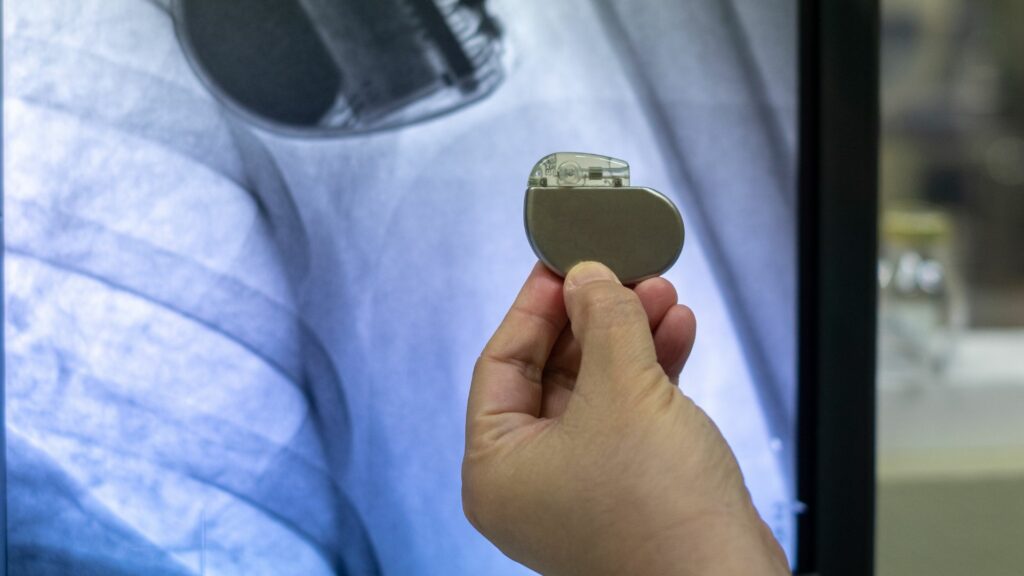
Noah’s misdiagnosis case settled for a six-figure sum
Noah, a young man, noticed swelling in his testicle, prompting immediate concern and a visit to his General Practitioner. His GP, recognising the potential seriousness, referred him to a local...

3 minute read
Augustus Cullen Law have recently concluded a case arising out of injuries suffered by our client in the course of a cardiac ablation procedure carried out in order to treat supraventricular tachycardia (SVT). Unfortunately, in the course of the ablation procedure, the Plaintiff suffered an injury to a node in the heart as a result of which the insertion of a permanent pacemaker was necessary. This is obviously quite a significant injury for the Plaintiff to suffer but she then also went on to develop further complications which were caused by the pacemaker which had been inserted. As a result of these injuries, the Plaintiff suffered a significant deterioration in quality of life.
Augustus Cullen Law were instructed to investigate whether the injury suffered in the course of the ablation procedure was avoidable or whether it was caused by negligence. Due to the highly specialised nature of this aspect of cardiology, this was quite a complex case. However, the expert opinion which we received was very firmly of the view that the injuries to the Plaintiff should never have occurred. The Plaintiff’s case was based on two main planks. Firstly, it was argued that it was not necessary or indicated for the Plaintiff to undergo an ablation procedure in the first place and that her condition was in fact amenable to treatment by medication. The Plaintiff had not been made aware of this option and therefore the consent which she gave to the carrying out of the procedure was not in fact informed consent. It was argued that had the Plaintiff been made aware of the alternative treatment option open to her, she would not in fact have consented to undergoing the ablation procedure and would have elected to undergo a more conservative management of her condition. Secondly, the Plaintiff argued that the ablation procedure itself was carried out in an negligent manner and that had it not been for this the injury would not have occurred.
This case was fully defended. The Defendant argued that there was no negligence in either the consent process nor in the conduct of the procedure. The Defendant also argued that the many of the ongoing symptoms complained of by the Plaintiff were not in fact caused by the alleged negligence.
This matter was specially listed for Trial before the High Court in May 2022. In the days prior to the hearing, settlement negotiations took place which culminated in the Defendants agreeing to make a significant payment of compensation to the Plaintiff. The Defendant also agreed to pay the Plaintiff’s legal costs in full.
For more information please contact Neil Kidd, Partner, Augustus Cullen Law, or email info@aclsolicitors.ie
In contentious business, a solicitor may not calculate fees or other charges as a percentage or proportion of any award or settlement.

Noah, a young man, noticed swelling in his testicle, prompting immediate concern and a visit to his General Practitioner. His GP, recognising the potential seriousness, referred him to a local...

Lily’s first experience of childbirth was marred by a severe complication following an epidural procedure at a large maternity hospital. She was admitted for the delivery with an epidural for...

Ciara has spastic quadriplegic cerebral palsy, needs 24-hour care and has to use a wheelchair, following catastrophic injuries as a result of circumstances at the time of her birth in...
Let us know and we’ll get right back to you by filling out the form below.
"*" indicates required fields